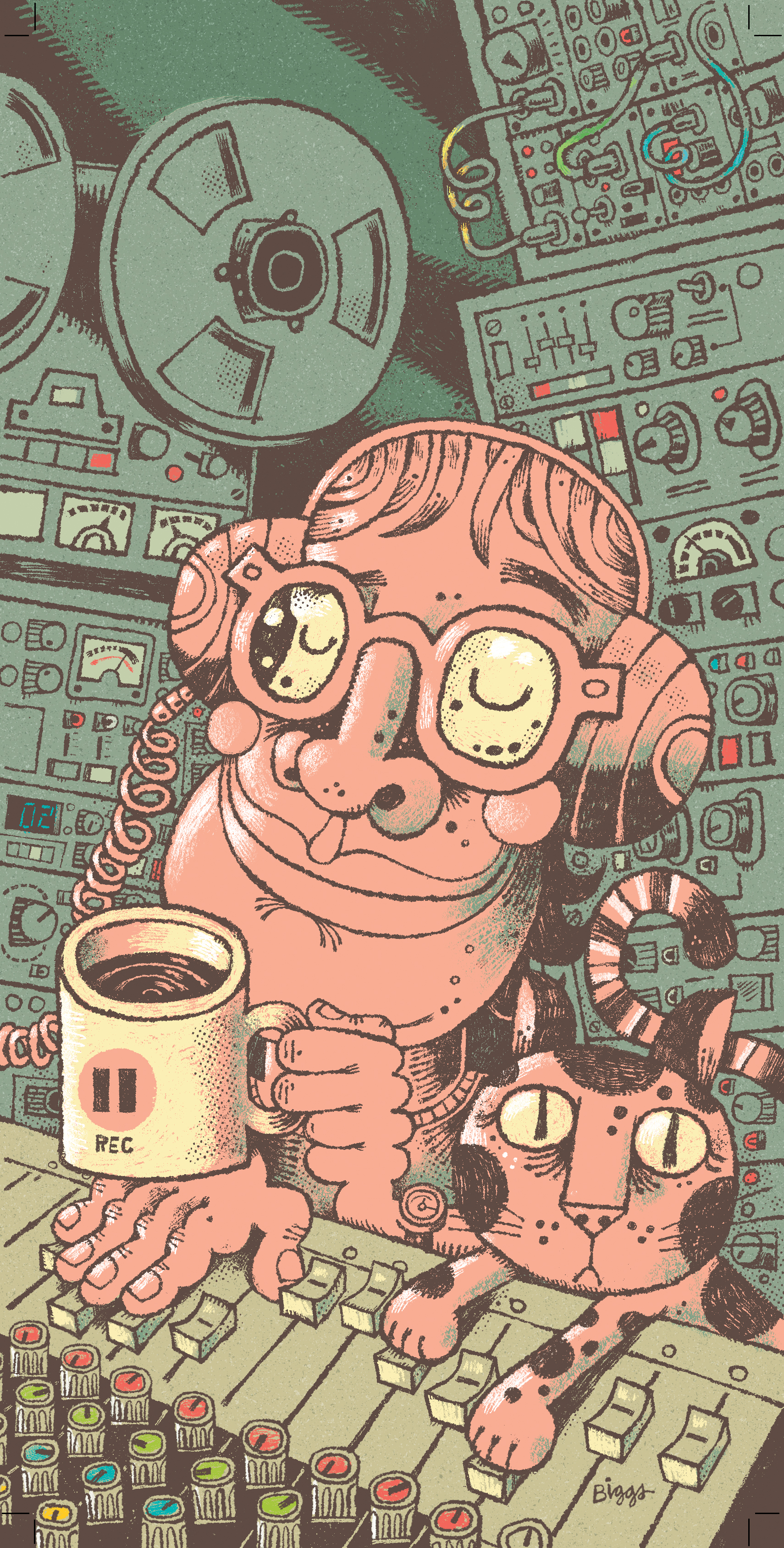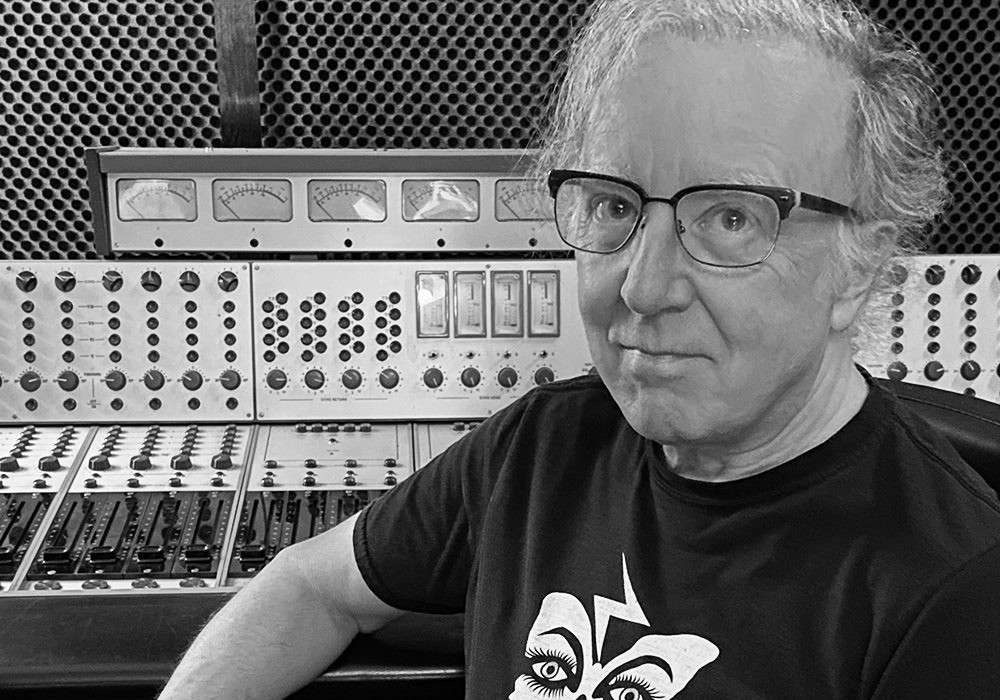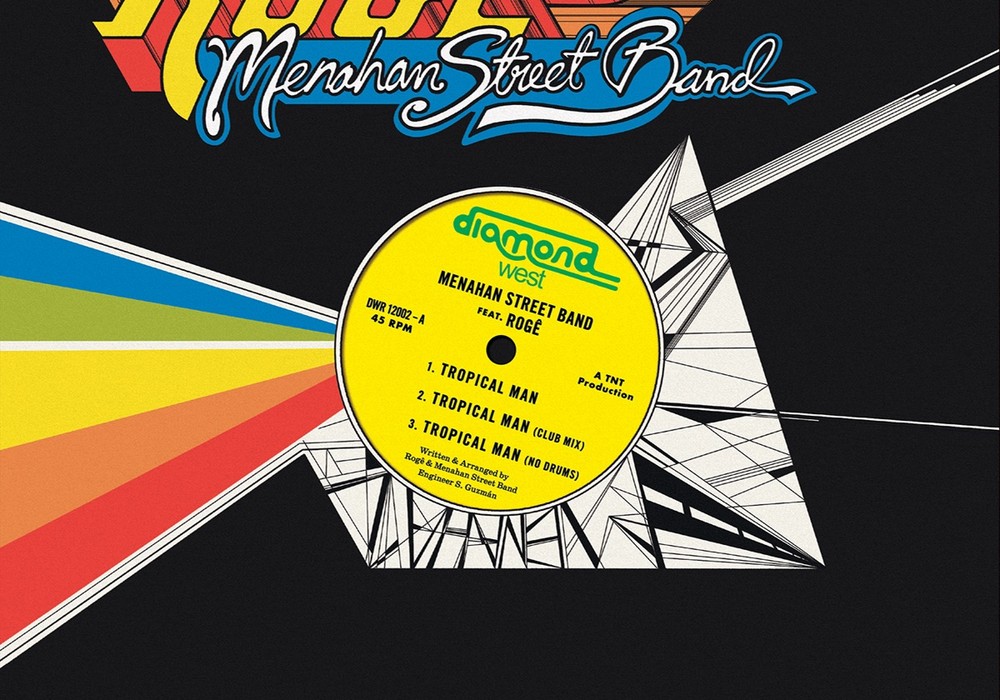Larry’s intro to issue #71 was one of his most important notes for engineers in a long time. It’s easy to press play, but not pay attention to the audio hitting our ears. (Have you ever read a book and found your eyes are scanning over the words but your mind isn’t really reading what’s on the page? That’s a similar situation).
Paying attention, being focused, and maintaining perspective is one of the most important skills we have as engineers. Never surrender that power.
But turn on the radio and you hear engineers who have done just that. They grab the newest technology and slap it on everything because they can. And it seems like no one is listening to what’s being played!
But this isn’t’ the first time we’ve encountered this.
In the 1980’s we got
digital reverbs. What did we do? We slapped reverb on everything. Even better? We slapped gated reverb on everything. And then after we put reverb on each instrument, we rant the whole mix through. I recall reading a tip in another not-to-be-named magazine that suggested readers run the entire mix through a reverb patch to provide more of an impression that the band was in the same room! What? Yeah, that room was the bottom of an empty oil tanker you moron.
In the 1990s we got
Beat Detective and grid editing drum line up tools. Now we sliced every drum performance to sound like perfect computer time. Great for dance music, horrible for feel.
Next we got
Auto Tune. So what do we do? Instead of having a singer re do a take or correcting a few notes on an otherwise great pass we pitch align every note even at the expense of feel?
Moving back to drums, today it’s in vogue to
replace all the drums with samples. What the fudge? Instead of fixing an errant snare hit, or using it as an effect on one song, we go through drum set up, tuning, mic phase alignment, grid editing, only to replace the drums with other sounds.
So why do we do this? Because we can? Because we fail to listen? Or because we’re too chicken to stand up for what’s right?
In the case of ‘popular’ radio, I’ve worked with engineers who want to make sure their mixes sound like the stuff the ‘big names’ are pumping out. They think ‘if Mr. Big Name replaces his drums, I’m going to.’
Let’s examine this line of thought. The first thing is Mr. Big Name has done that. It’s done. Over. The cow is out of the barn. He’s broken new ground. Good for him. But all you’re doing is a candy-assed-copy-cat-version. It reminds me of kids who would study Eddie Van Halen solos, learn to play them, then announce that Eddie ‘isn’t that good.’ WTF? You would have never figured out how to do that if it wasn’t for the trailblazer before you. All you are is a mimic. Why don’t you come up with some new way to mix a song, play guitar, produce music? Do something new.
Another reason people do this lame stuff is because, as Larry noted in issue #71, our mind is ‘lulled into assuming you’re hearing what you think you should be hearing - not what is really being played back in the room.’ If this is happening to you, find a way to reset your brain/ears and come back fresh. Look, you don’t want to make a record that embarrasses you or the band 5 years from now. You don’t want kids sitting in recording schools listening to your songs as an example of ‘clichéd, outdated production techniques’? No you don’t. You want to make records that defy time pigeonholing. Records that endure. And the first step of doing that is doing things BECAUSE YOU SHOULD, not because you can.
So what tips do you have for keep your perspective fresh, and resetting your ears? Share with the community.
Tape Op is a bi-monthly magazine devoted to the art of record making.


_display_horizontal.jpeg)



